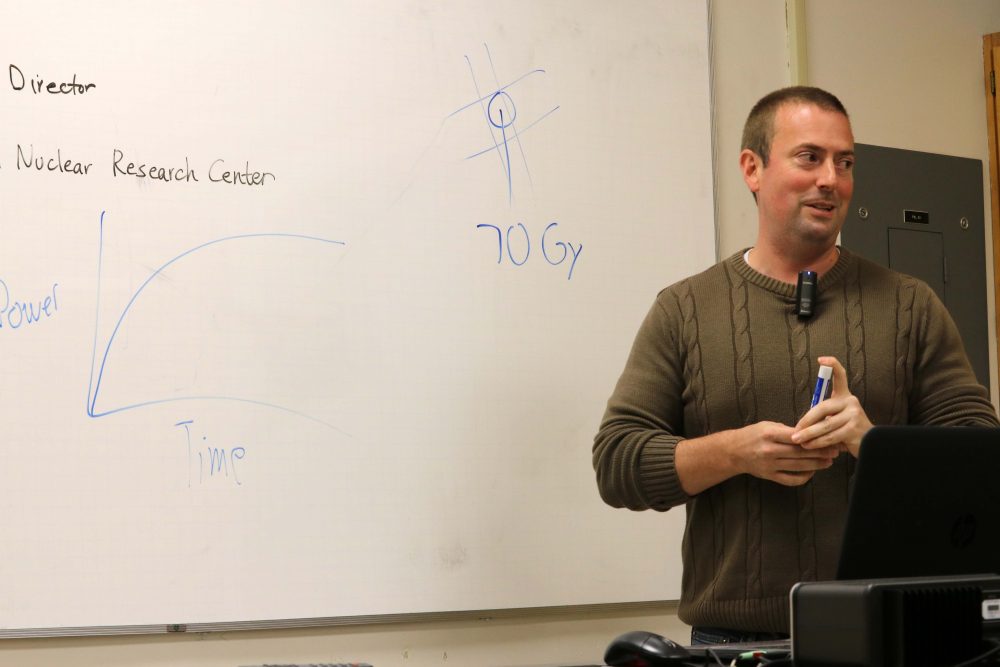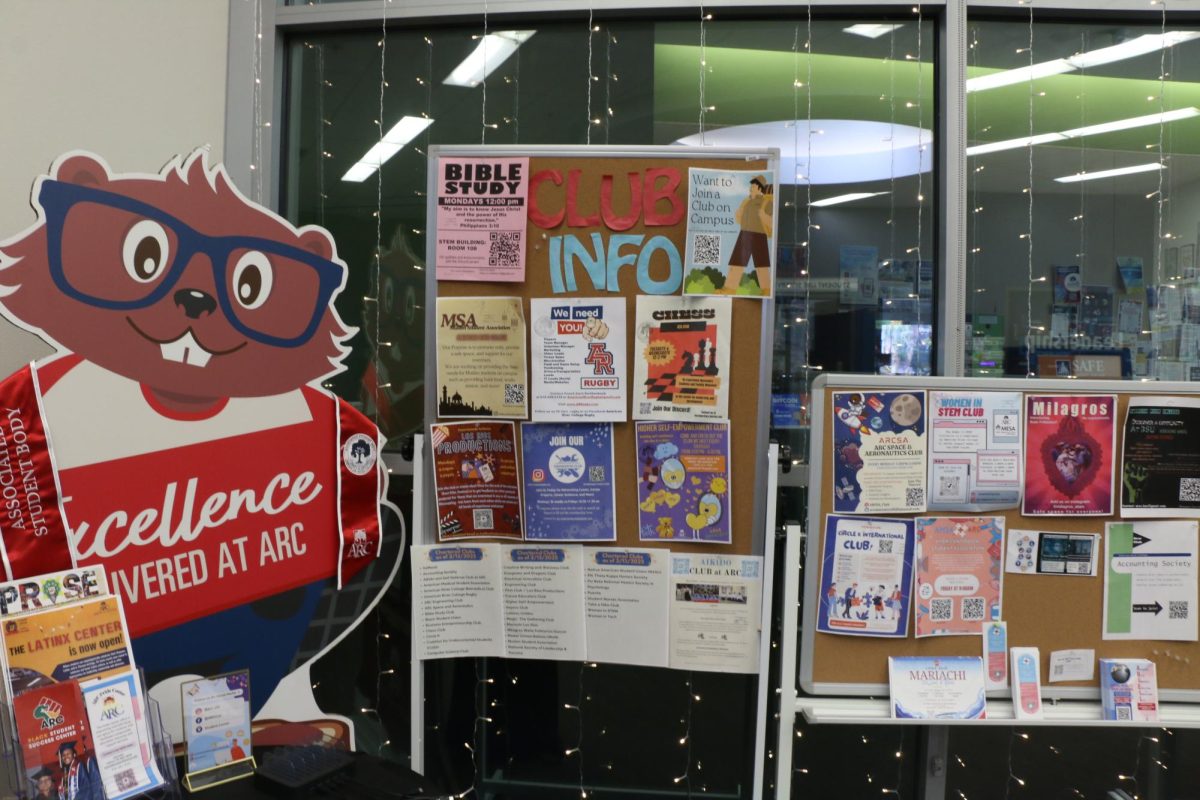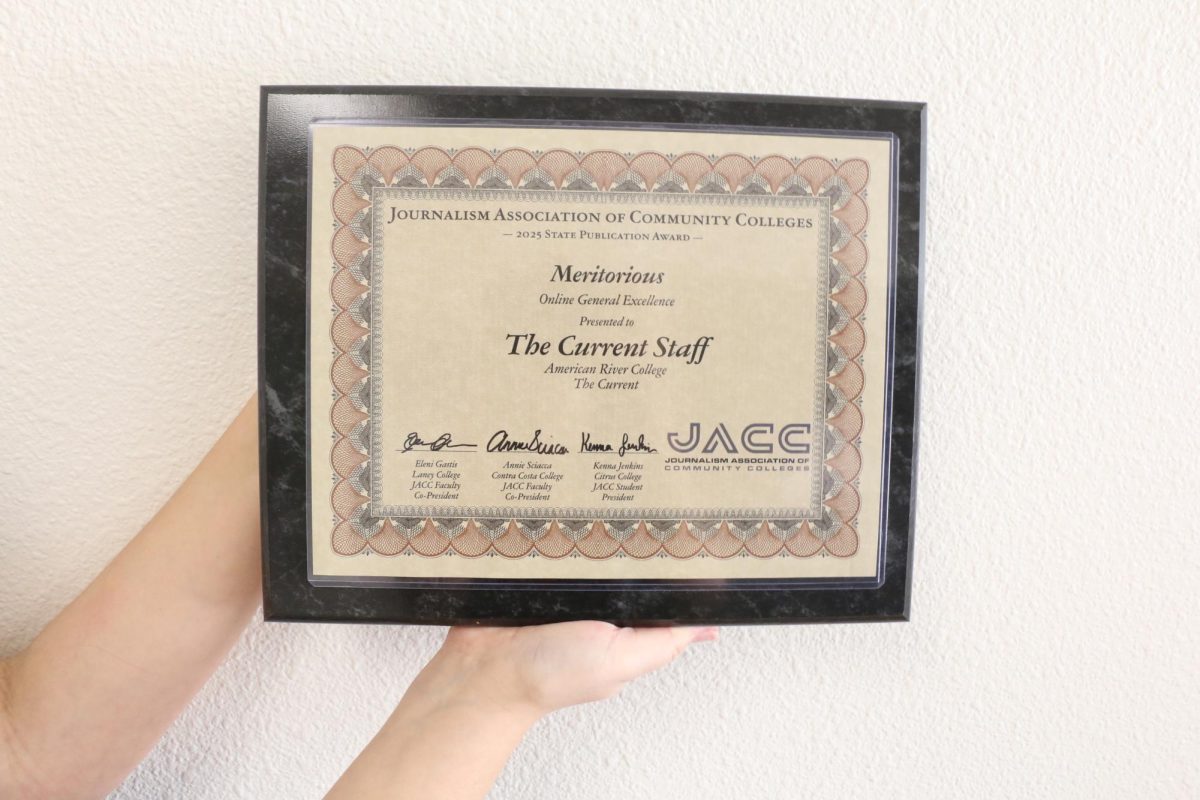Wesley Frey, director of the UC Davis McClellan Nuclear Research Center, discussed the human health effects of the radioactive plume released from the Fukushima power plant that exploded in 2011, to a group of ARC students on Wednesday.
The Fukushima accident was caused by a massive earthquake and tsunami, which led to power outages, and caused the facilities for the external power supply and backup power to be destroyed.
Frey addressed speculation surrounding the negative human health effects along the west coast of the United States, that may be caused by this oceanic plume.
“There’s a lot of public concern,” Frey said. “Hopefully by the end of this, you won’t be worried about swimming in the ocean.”
Frey said while he was working with Stanford University, he and his team could see faint traces of the gaseous plume passing over about a week after the accident. It was 18 months to two years before the plume of radiation in the ocean reached the West Coast.
“The gaseous plume reached North America in about a week. So this is krypton, xenon, and iodine, all these things are volatile,” Frey said. “Slowly, they fell out of the jet stream and it pretty much covered most of the northern hemisphere in very, very low amounts.”
Frey said the infected ocean water reached the West Coast about a year or two ago and that the cesium 134 and cesium 137 is still detectable in the ocean, but that the amount is not high enough to cause radiation damage.
An estimated zero to 20 excess cancer deaths per year may be caused by the raised levels.
“Zero people dying from Fukushima each year, not very troubling,” Frey said. “Twenty people, it’s a little troubling. But it’s big uncertainty, zero to 20.”
Cheo Vazquez, ARC student, said he had done some research on Fukushima but attended because of his interest in nuclear energy and the possibilities it holds for the future of humanity.
“I knew there was some danger but he completely cleared it out of the water, there’s no danger whatsoever,” Vazquez said. “It’s more probable you get struck by lightning than you die from nuclear radiation.”
ARC student Betty Sue Phillips said she was “surprised that it barely affects us,” and was pleased to have learned that nuclear power plants are not as dangerous as most people assume.
“I’m more afraid of humans than I am of nuclear energy,” Phillips said.



















